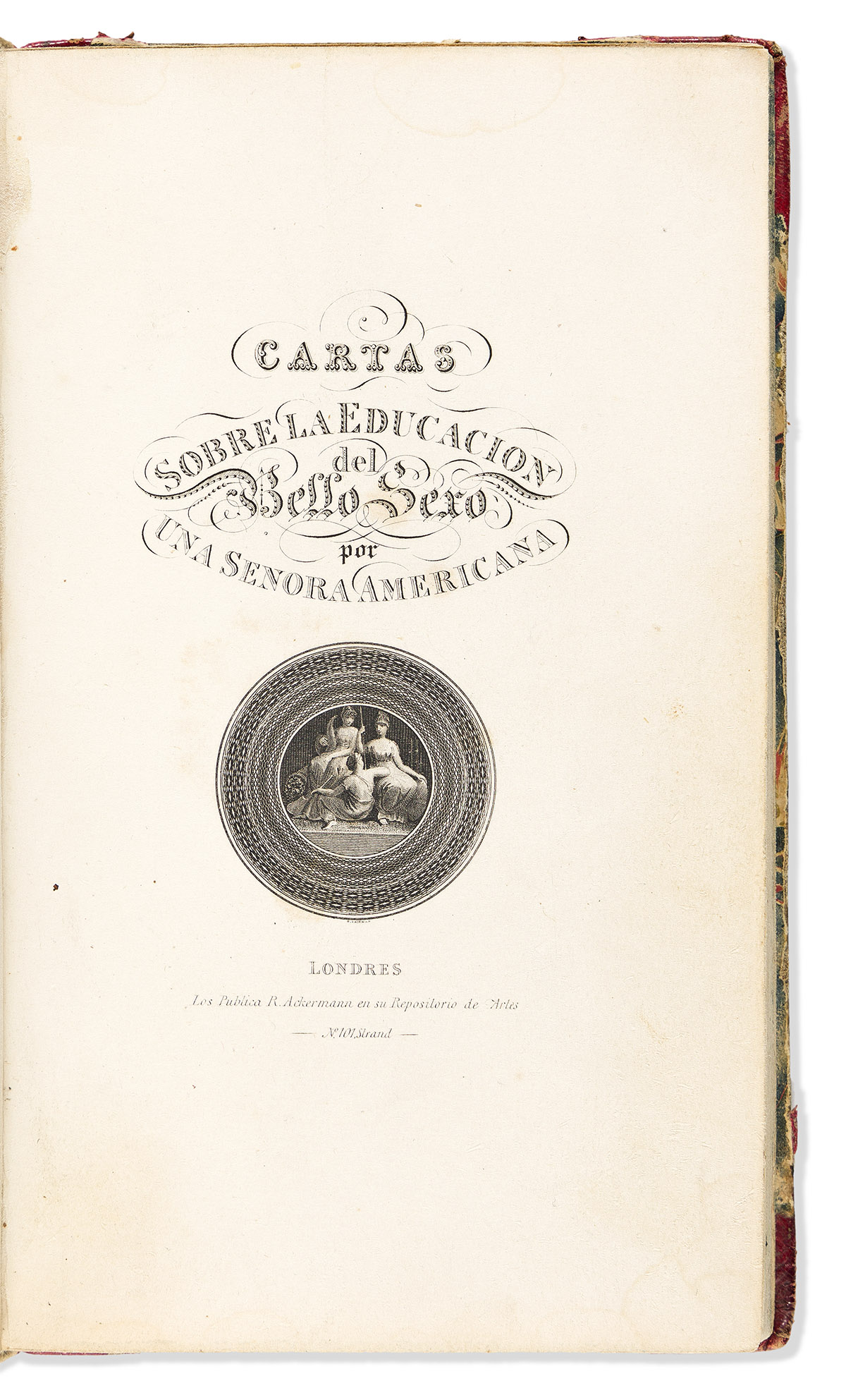Sale 2670 - Lot 34
Unsold
Estimate: $ 500 - $ 700


Aliquam vulputate ornare congue. Vestibulum maximus, libero in placerat faucibus, risus nisl molestie massa, ut maximus metus lectus vel lorem.